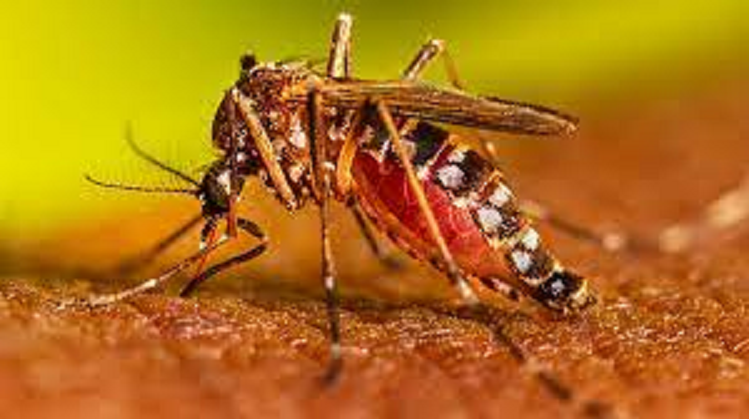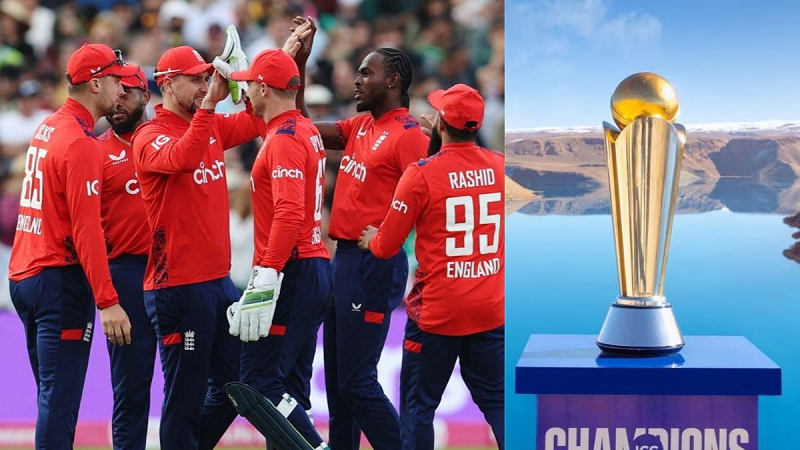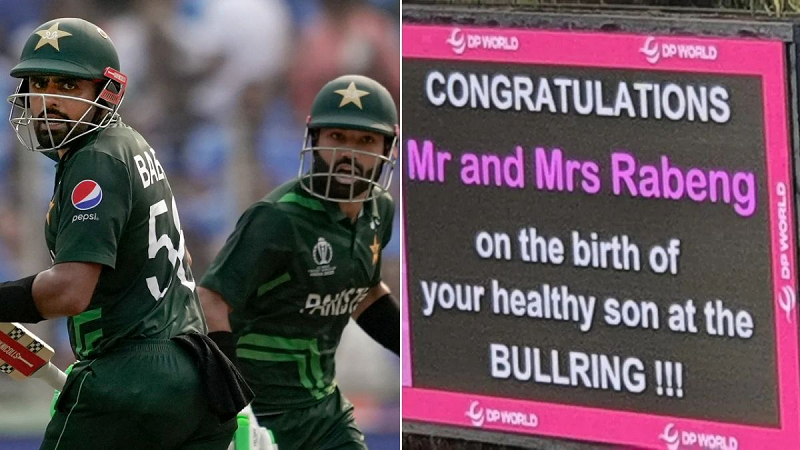New Delhi. Every year from July to September-October, there is a fear of dengue in the country. This year there is fear of dengue in many parts of the country including Delhi-NCR. In the capital Delhi, the Municipal Corporation of Delhi (MCD) has taken several measures to prevent dengue, malaria, chikungunya, and other vector-borne diseases. Despite this, there has been no decrease in dengue cases. Dengue patients continue to come to Delhi's hospitals. This time typhoid is also being confirmed in patients who are in the grip of dengue. Typhoid is also emerging in many dengue patients in Ghaziabad, adjacent to Delhi.

MCD has said that given the increasing cases of dengue in Delhi, malaria inspectors, DBC workers, field workers, and officials of the public health department are checking more than 1 lakh houses daily. Apart from this, special campaigns and awareness campaigns have been intensified in every ward. For this, more than 3000 DBC workers and 2000 field workers are visiting door to door to detect and eliminate mosquito breeding.
Typhoid is emerging in dengue patients
MCD staff have so far visited 2,48,50,956 houses and sprayed anti-mosquito in 7,89,995 houses, buildings, and other residential premises. Apart from this, legal notices have been issued to 1,04,960 landlords and challans to 27,100 houses and offices. MCD has urged citizens to prevent water logging so that mosquitoes do not flourish. Along with this, the civic body has launched special drives to cover institutions like construction sites, parks, nurseries, hospitals, schools, and government offices.
What do doctors say
Dr. Abhishek says, 'See, we do not treat based on the patient's report, rather we treat after seeing the patient's condition. If the platelets of the patient reach even 10 thousand and the patient is eating properly and he does not have any kind of problem, then we wait for the platelets to increase. Although dengue does not destroy platelets, but it starts spoiling platelets' count and function. Yes, I would like to tell you that if platelets drop below 20,000 then the patient's life is at risk. Symptoms of high fever, vomiting, headache, and red rashes on the body are seen in the patients coming to the hospital. Many patients have started getting platelet deficiency on the third day of fever itself.
There is a fear of dengue even in the areas adjacent to Delhi.
It is noteworthy that if we talk about Ghaziabad, Noida, and Gurugram adjacent to Delhi, dengue has taken a severe form here too. So far, about 400 dengue patients have been found in Ghaziabad. A boy has also died due to dengue in Ghaziabad. At the same time, the number of dengue patients in Noida is about to reach 300. So far this year, more than 100 dengue patients have been found in Gurugram adjacent to Delhi.

Symptoms of dengue include headache, fever up to 104-105, muscle and bone pain, nausea, vomiting, eye pain, skin rash, and bad taste in the mouth. Dengue fever lasts for 7 to 10 days. In some cases, it may last even two weeks. That's why the platelets of a dengue patient can decrease if the medicine is taken without the doctor's advice. Keeping this in mind, the Delhi government has asked to reserve five percent of beds in all government and private hospitals in Delhi for dengue patients.










